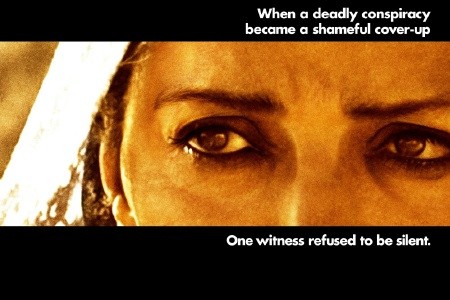Apparently, reality TV couple Spencer and Heidi Pratt – who got their start on MTV’s The Hills and are now a part of this summer’s I’m a Celebrity – Get Me Out of Here – have run afoul of one of NBC’s reality programming head honchos with their latest attention-getting antics.
“They are everything that’s wrong with America,” executive vice president of alternative programming for NBC and Universal Media Studios, Paul Telegdy, said in a statement to Access Hollywood. “They are insincere, lazy, entitled and they claim the devil has possessed them.”
Apparently the couple not only demanded the royal treatment, but threatened to quit more than once and basically acted like a couple of spoiled brats.
I’d like to ask Mr. Telegdy: what did he expect? Reality shows take everyday people and turn them into minor celebrities overnight. It’s not like they had to work for years honing their craft while they waited tables and went on endless auditions, hoping and praying for their big break. (Of course, if one or both of your parents is Hollywood royalty, you skip that part and move right on to the big time.) The only “work” involved in reality stardom is standing in line to audition, hoping to get picked; although sometimes people with unusual life circumstances are approached by producers who hope to exploit their lives for ratings that translate into dollar signs (think Nadya Suleman, lovingly referred to by society as the “Octomom”).
So think about it: one day you’re just an average person, perhaps an office drone or a stay-at-home mom whom no one would look twice at while at the grocery store or standing in line at the movies. Next thing you know, every detail of your life is laid bare for public consumption, you’re chased down daily by the paparazzi, and your every move, including your hairstyle and weight, is dissected on shows like Entertainment Tonight. The entertainment media that feeds off of celebrity like a pig at the trough is really quite nauseating at times.
Granted, it can be said that people who seek such fame are asking for it. All you have to do is see what happens to others, like Jon and Kate Gosselin, whose marriage seems to be unraveling and who have dominated the news headlines for weeks. Or Susan Boyle, whose sudden rush to fame via Britain’s Got Talent with a boost from YouTube was so stressful that, after being labeled the favorite to win but coming in second in the show’s finale, she checked into a clinic citing “emotional exhaustion.”
But really, who is truly prepared for the pitfalls of fame? We’ve seen professional singers and actors, who are supposed to know the ropes, crash and burn. (Britney Spears and Lindsay Lohan come immediately to mind.) Suddenly wealthy and surrounded by yes-men and other sycophants hoping to somehow cash in on the cash cow, it’s hard to keep real life in perspective.
Heck, even being an amoeba in the large ocean of internet publishing can be unsettling at times. I’ll never forget my first “you’re a ****” e-mail from someone who didn’t agree with something I wrote. It’s truly unpleasant, but unfortunately it also comes with the territory. I’m working on getting a thicker skin.
So the Pratts are acting like prats. Naturally, much of the blame lies with their crass attitude and what Paul Telegdy of NBC noted as their sense of entitlement. But what of the responsibility of reality TV programmers? They put on these shows because they’re popular and are relatively inexpensive to produce and essentially create the monsters that populate them. Who can forget the hapless Stephen Fowler of Wife Swap, whose contemptible treatment of his guest wife Gayla Long earlier this year earned him the hatred of millions across the nation? It cost him both personal and professional embarrassment, and likely had a negative impact on his own marriage. He claimed that he was egged-on by the show’s producers to ham it up. From what I’ve seen, I doubt that he needed much egging.
But no one will ever really know, and surely the show’s director and producers bear some responsibility for the final product. Reality TV isn’t spontaneous; it’s scripted, manipulated, and edited for entertainment and shock value. Big gasps equal big ratings. Someone at the gym I go to even speculated that the Gosselins’ marriage issues are a put-up job intended to boost ratings.
Then there’s us – the public. We put these individuals up on a pedestal and wait like vultures for them to slip up so we can trash them at the first opportunity. Nothing says schadenfreude like gloating over Contestant A being voted off the island because he lost the bug eating challenge for his tribe.
And what happens to these reality stars when the cameras stop rolling? Some manage to use their experience as a stepping-stone to bigger and better things as Elisabeth Hasselbeck did. Others manage to return to everyday life. Still, others likely have difficulty adjusting to their loss of celebrity and must deal with depression, etc. But there’s always a fresh batch of suckers around the corner, waiting for our thumbs-up or thumbs-down.
When you look at it, there’s really no one person to blame when reality TV stars go bad. We’re all culpable in one way or another. And what does that say about us as a society?



COMMENTS
Please let us know if you're having issues with commenting.